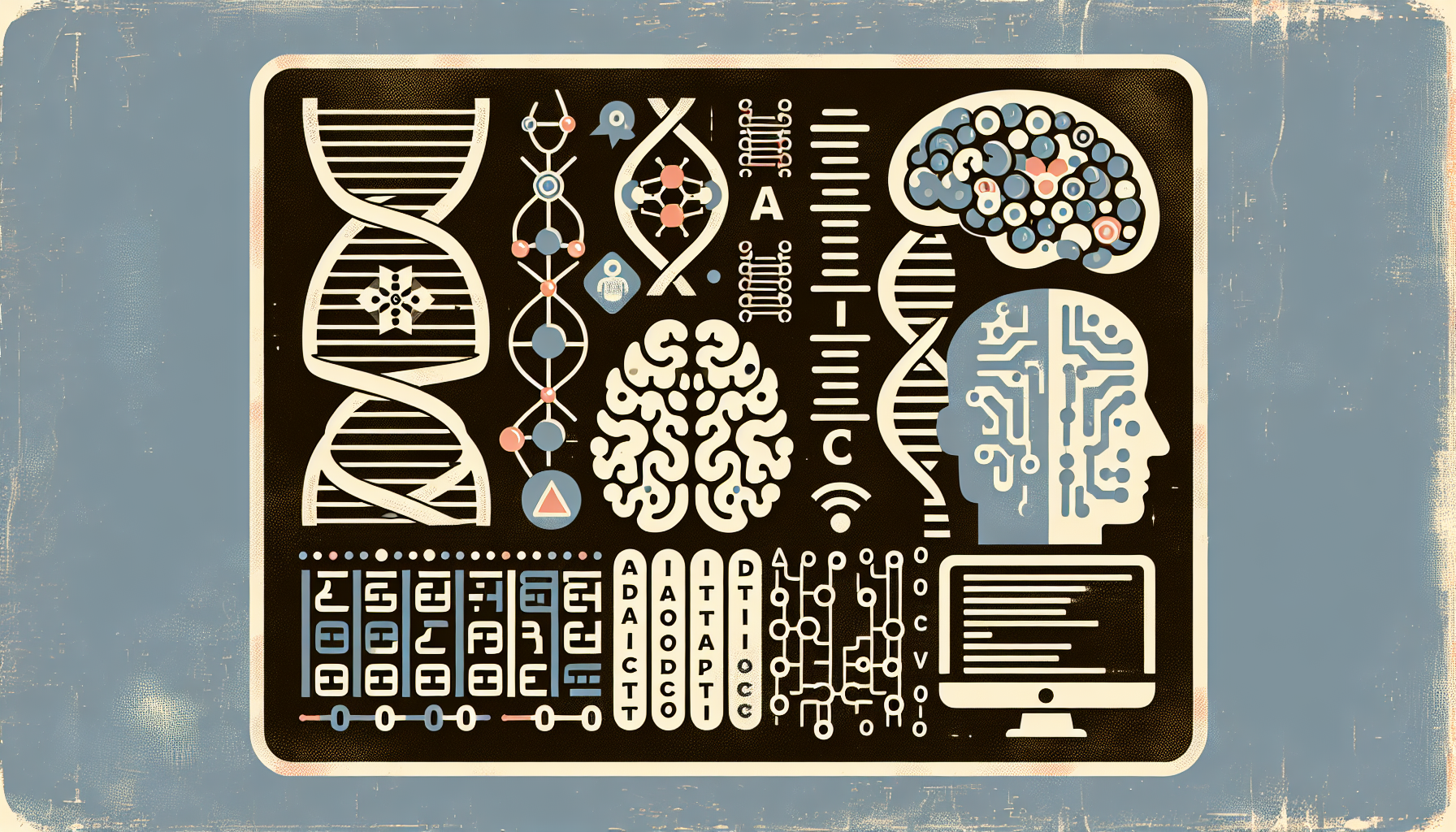Anthropic’s Claude AI is quietly transforming both life sciences and the world of coding. With each new development, Claude becomes more capable, trusted, and essential—especially for researchers and innovators who seek to break new ground.
Powering Discovery in Life Sciences
Claude AI’s recent enhancements in life sciences are designed to support scientists at every step of their work. Connecting with respected platforms like BioRender and 10x Genomics, Claude now helps teams analyze data, draft laboratory protocols, and review regulatory requirements with striking ease and accuracy.
The new features include advanced connectors. These let Claude quickly review current research, draft protocols based on existing data, process complex genomic information, and ensure that all work follows clinical regulations. This means less time spent on paperwork and routine tasks—and more time dedicated to meaningful discovery.
Claude’s understanding of life sciences has deepened. Its latest version, Sonnet 4.5, has a better grasp of laboratory workflows and bioinformatics questions than previous generations. For researchers, this means a smarter, more responsive AI collaborator—capable of assisting with highly technical tasks and offering helpful suggestions as new challenges appear.
Strengthening Collaborations
Claude’s partnerships with key organizations further reinforce its value. By working closely with companies like Benchling and integrating with trusted resources like PubMed, Claude fits seamlessly into scientists’ daily routines. Its support stretches from sophisticated bioinformatics analysis to quickly building detailed reports—freeing scientists to spend more energy on exploration and less on administrative tasks.
Expanding Coding Capabilities
Claude AI doesn’t stop at life sciences. Important advances in its coding skills are empowering developers to reach new heights. Through the introduction of Model Context Protocols (MCP) and enhanced skill sets, Claude can now perform cloud-based work in parallel—making it faster and more effective at complex development projects.
The new “skills” feature is particularly powerful. These skills are customizable folders, each holding specific instructions or resources. They allow Claude to handle specialized coding tasks without slowing down or losing focus. Developers can create new workflows, give Claude access to resources only when needed, and rely on code that runs more reliably and efficiently.
Custom Workflows and Flexibility
Customization is at the core of Claude’s new skills system. By drawing on only the scripts and resources needed for each task, Claude operates swiftly and remains highly responsive. These skills are portable—easy to move between different apps and environments—and can run code directly when required, ensuring dependable performance even for demanding projects.
The Path Ahead: AI in Discovery
All these advances show Anthropic’s deep commitment to making AI a true partner in science and technology. By taking over repetitive or time-consuming tasks, Claude helps researchers and developers focus on solving bigger problems and exploring new ideas.
Anthropic’s vision is bold: to gradually enable AI like Claude to not just support researchers, but to one day make new discoveries by itself. Such progress would mark a turning point in how humanity approaches scientific research—placing advanced AI at the heart of discovery and innovation.
For now, Claude AI stands as a tireless and insightful assistant—ready to help navigate the challenges of science and technology, and to illuminate paths that lead to the future.

Leave a Reply